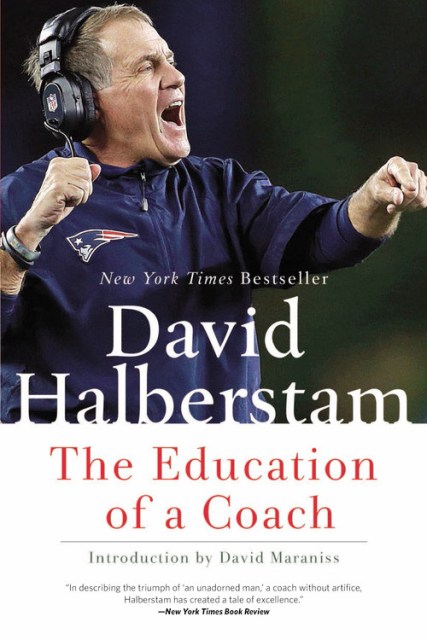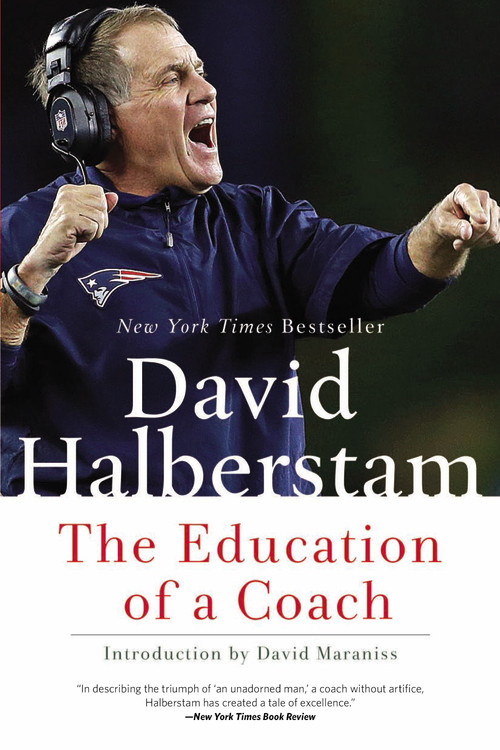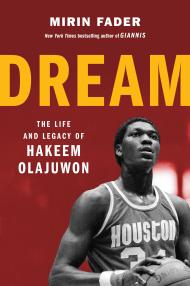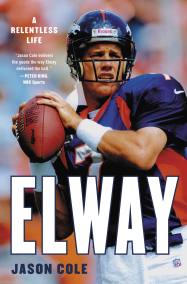By clicking “Accept,” you agree to the use of cookies and similar technologies on your device as set forth in our Cookie Policy and our Privacy Policy. Please note that certain cookies are essential for this website to function properly and do not require user consent to be deployed.
The Education of a Coach
Contributors
Introduction by David Maraniss
Formats and Prices
- On Sale
- Aug 8, 2006
- Page Count
- 288 pages
- Publisher
- Grand Central Publishing
- ISBN-13
- 9781401308797
Price
$21.99Price
$28.99 CADFormat
Format:
- Trade Paperback $21.99 $28.99 CAD
- ebook $6.99 $8.99 CAD
- Audiobook Download (Abridged) $18.99
- Audiobook Download (Unabridged) $27.99
- Audiobook CD (Abridged) $14.98 $16.50 CAD
This item is a preorder. Your payment method will be charged immediately, and the product is expected to ship on or around August 8, 2006. This date is subject to change due to shipping delays beyond our control.
Buy from Other Retailers:
-
"If you want to learn about schooling and allegiance and leadership and, most of all, football, by all means--slip inside the sweatshirt."Wall Street Journal
-
"Halberstam takes the classic sports-bio formula--one stellar performer's rise to the pinnacle of American sport--and transforms it into a nuance-rich story of individual triumph and social history."Booklist
-
"In describing the triumph of 'an unadorned man,' a coach without artifice, Halberstam has created a tale of excellence."New York Times Book Review
Newsletter Signup
By clicking ‘Sign Up,’ I acknowledge that I have read and agree to Hachette Book Group’s Privacy Policy and Terms of Use






